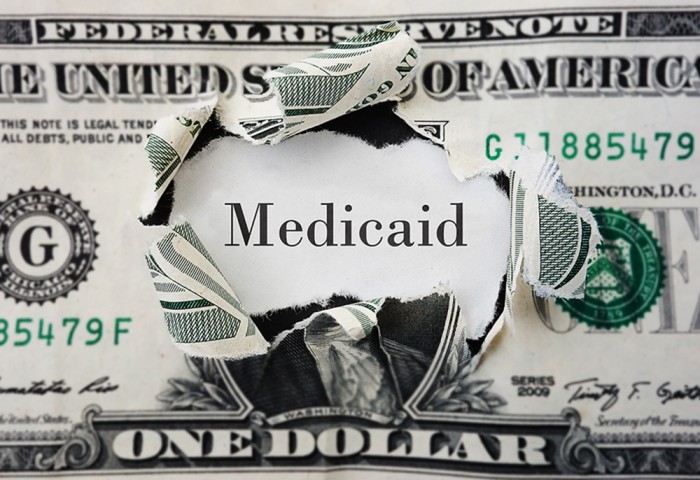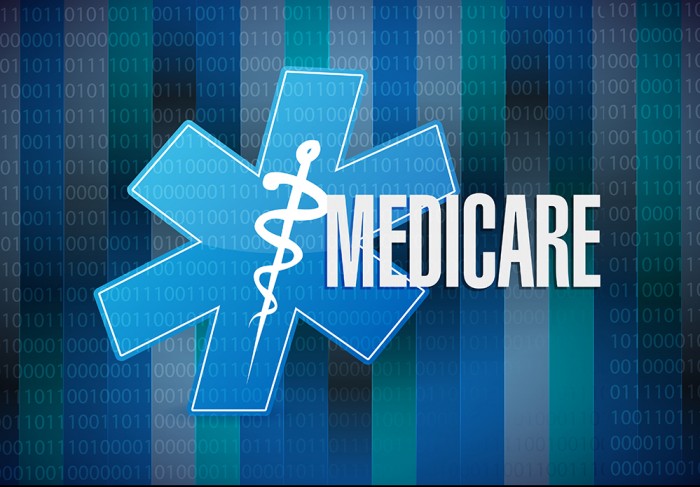The Office of Long-Term Living (OLTL) hosted a virtual Transportation Summit on December 11, 2023. Answers to questions asked during that webinar can be found on the Community HealthChoices (CHC) Communications to CHC Participants web page under the heading “Community Meetings/Information Sessions.” The Q&A document is also available here.
Questions about CHC transportation provided through a CHC managed care organization (MCO) should be directed to the CHC-MCO through one of these methods:
AmeriHealth Caritas Pennsylvania Website
Phone: 1-855-235-5115 (TTY 1-800-235-5112)
Questions? Submit inquiries through this contact form.
Keystone First Website
Phone: 1-855-332-0729 (TTY 1-855-235-4976)
Questions? Submit inquiries through this contact form.
PA Health & Wellness Website
Phone: 1-844-626-6813 (TTY 711)
Questions? Submit inquiries through this contact form.
UPMC Community HealthChoices Website
Phone: 1-844-833-0523 (TTY 711)
Email
Questions about the Medical Assistance Transportation Program (MATP), including how to contact your local MATP provider, information is found on the MATP website.
For information on the Pennsylvania Department of Transportation (PennDOT) Shared-Ride Program, please visit the Seniors and Persons With Disabilities web page.

















